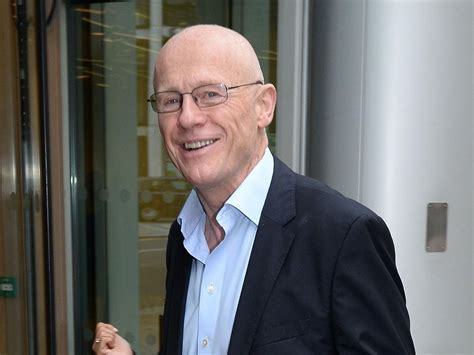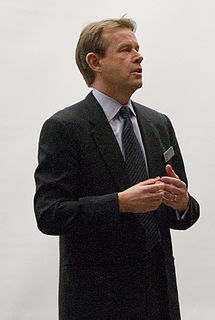A Quote by Christopher Jackson
I came into the business where Will Smith was pretty much taking over the world - or defending it, if you will. He was showing success on so many different fronts - television, recording, movies. So that was really my prototype in terms of looking at the business and seeing where you fit in.
Related Quotes
It's a tough time for screenwriters right now, because fewer movies are getting made. I'm enjoying television so much. It offers opportunities for writers to be in a writers' room and work their way up. It's somewhat easier because there's more of a community. There are so many screenwriters with incredible stories to tell, so I hope there will be some kind of shift in the business where very few types of movies are now made by the studios. There needs to be different budgets for different audiences; not everything having to be a huge opening weekend.
I assumed a business like a film studio would behave like a business and still want to protect its own interests, still do the best it could to get as many people paying for as many of their movies as possible. I realized this is not actually a business about business: it's a business of egos and dominance.
The business plan should address: "How will I get customers? How will I market the product or service? Who will I target?" The principles of a business plan are pretty much the same. But after page one to two, everything is unpredictable, because costs or competition will change and you don't know how things will be received by the market. You have to be able to continually adapt. Companies that fail to adapt will die. Others are brilliant at adapting.
Organized business has assumed that greater profits would be pretty much of a cure-all, and it has to a major extent ignored the fact that the welfare of business rests upon the welfare of the consumers of a nation; that business or free enterprise will function in a democracy only so long as the democracy functions.
Virtually every company will be going out and empowering their workers with a certain set of tools, and the big difference in how much value is received from that will be how much the company steps back and really thinks through their business processes, thinking through how their business can change, how their project management, their customer feedback, their planning cycles can be quite different than they ever were before.
Over the long term, it's hard for a stock to earn a much better return that the business which underlies it earns. If the business earns six percent on capital over forty years and you hold it for that forty years, you're not going to make much different than a six percent return - even if you originally buy it at a huge discount. Conversely, if a business earns eighteen percent on capital over twenty or thirty years, even if you pay an expensive looking price, you'll end up with one hell of a result.
Business people face increasing pressure from local and global competitors. They face customers who have more and more information about alternatives and more and more access to suppliers from all over the world. Given these pressures, business people are looking for approaches that make sense and will continue to make sense. I think many are fed up with management fads that may or may not provide any benefit and don't continue to work over time.




































